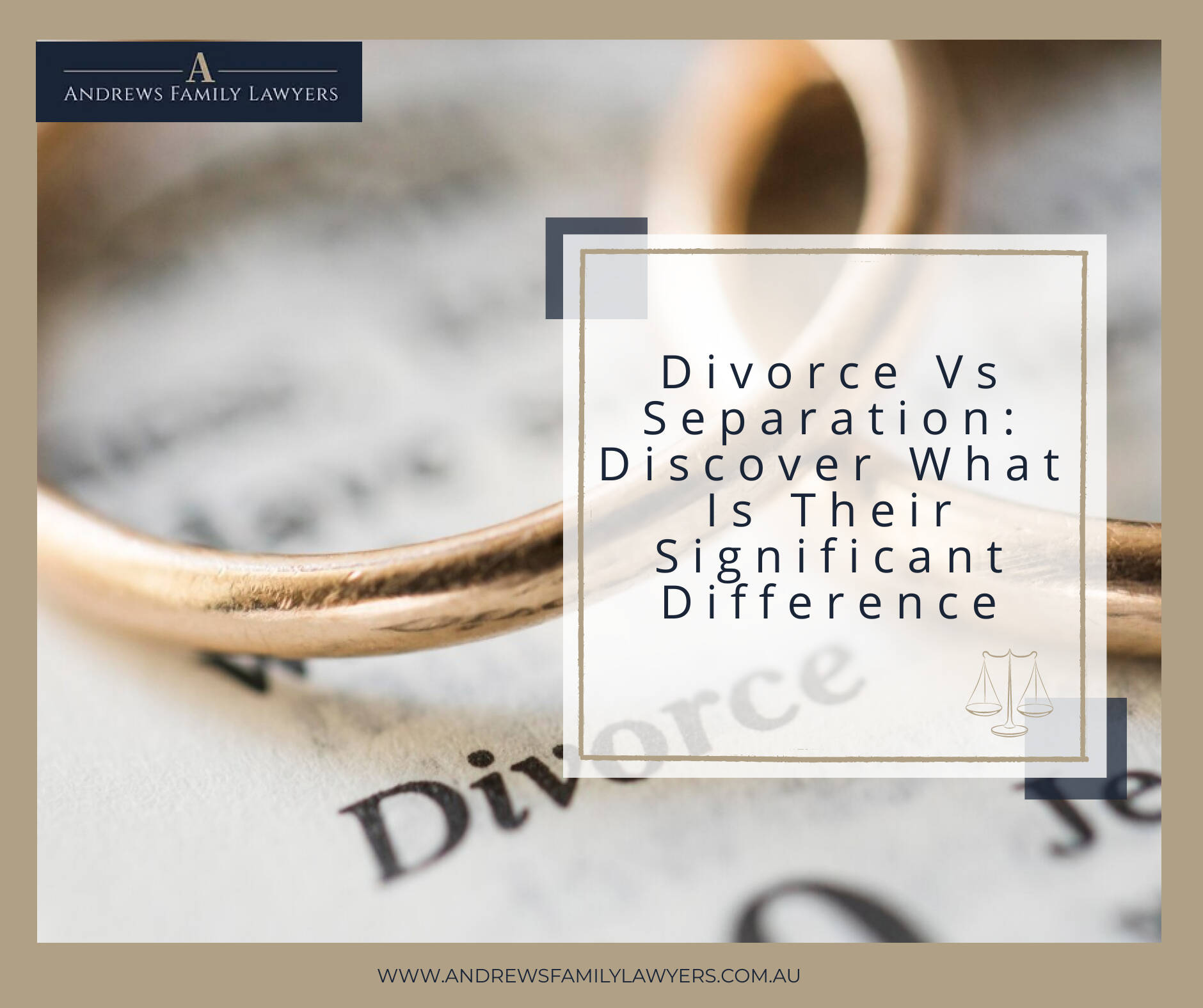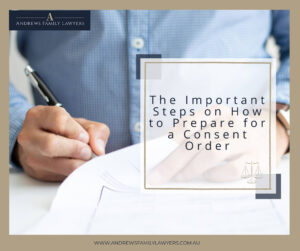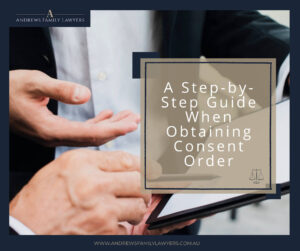Separation and divorce are associated concepts in family law. Separation of a minimum of one year is mandatory before spouses can pursue a divorce. However, they have crucial differences that are vital to understand.
This article will explore the primary differences between separation and divorce.
Divorce Vs Separation
Separation
Definition
The decision by parties to end a relationship.
Legal status
No formal legal processes. Tax and evidentiary implications.
Is that right for you?
Chances for reconciliation. Gradual step toward final resolution.
Divorce
Definition
The formal process of ending a marriage.
Legal status
Formal requirements and Court recognition.
Is that right for you?
Can provide closure. Allows parties to move on.

Definition
Separation
In Australian family law, “separation” refers to the situation where a couple (married or de facto) decides to end their relationship and live apart. At least one party must have a clear intention to end the relationship. This intention must be communicated to the other party.
Both parties don’t need to agree to the separation. Separations are generally demonstrated by the parties taking steps to live separate lives. This may involve living apart, maintaining different social circles and separating their finances.
If you want to know more about separation, read our blog here.
Divorce
A divorce is the formal process of ending a legal marriage. Divorce legally dissolves a marriage, officially recognising that the marriage has ended. After a divorce, the individuals are free to remarry if they choose. The only grounds for divorce in Australia are the irretrievable breakdown of the marriage.
This is demonstrated by 12 months of separation, indicating that the couple has lived apart and there is no reasonable likelihood of reconciliation. Australian family law operates on a ‘no fault’ principle in divorce proceedings.
This means the court does not consider why the marriage ended, and either party’s fault or wrongdoing is irrelevant. A divorce can be sought by one or both parties.
Legal status
Separation
Recognition of Separation. A legal separation begins when a couple decides to end their marital or de facto relationship. It is marked by one or both partners choosing to end the relationship and acting on that decision, usually by living apart.
No Formal Legal Process Required. Unlike divorce, no formal legal process or documentation is required to establish a separation. However, it is essential to note the date of separation as it has legal implications, especially when applying for a divorce or settling property and financial matters.
Evidence of separation. Couples may need to provide proof of their separation. This evidence is typically circumstantial and can include things such as the following:
The parties maintain separate finances;
Sexual activity has ceased;
The parties live in separate residences;
Friends and family understand the couple to be separated;
Government agencies like Centrelink have been notified of the separation.
Separation under one roof. Couples can be considered legally separated even if they continue to live under the same roof. This is provided they can demonstrate that the marital relationship has ended (e.g., by living separate lives). Evidence of this situation may include:
Changes in domestic arrangements, like cooking and cleaning separately, doing laundry individually, and generally maintaining separate domestic lives;
Evidence that the couple is no longer presenting themselves as a couple in social settings;
Evidence showing a change in the nature of communication between the parties, indicating a shift from personal to more formal or practical;
If applicable, evidence showing how parenting responsibilities are managed separately;
Evidence shows that the couple has been leading separate lives, such as social engagements, holidays, and household responsibilities.
Time limits for de facto relationships. The date of separation will determine the time limit de facto couples are subject to when finalising a property settlement or spousal maintenance. Unless exceptional circumstances apply, de facto couples have two years from the separation date to form a financial agreement.
Financial arrangements. Once a separation occurs, you and your ex-partner can organise a property settlement.
Tax implications. Once separated, couples may have access to a tax exemption. Once a property settlement has been formalised through court orders, assets transferred between the parties aren’t subject to capital gains tax.

Divorce
Proof of divorce. Unlike separation, proving a divorce is much more straightforward. Producing a divorce order is sufficient to show a divorce took place. A divorce order is granted one month and one day after the Family Court accepts the application.
Formal divorce process. Parties seeking divorce must undergo a legal process with the Federal Circuit and Family Court of Australia. The application may be made as a sole or joint application.
Time limits for married couples. Ex-spouses have one year from the date their divorce order was granted to finalise property settlements and spousal maintenance orders.
Remarrying. A divorce is required to allow the parties to remarry.
Residency requirements. Unlike separating couples, those seeking a divorce must meet certain residency requirements. At least one party to the divorce must meet one of the following:
Regard Australia as their home and intend to live indefinitely in Australia or
Be an Australian citizen by birth, descent, or by grant of Australian citizenship, or
Ordinarily live in Australia and have done so for 12 months immediately before filing for divorce.

Which is right for you?
Emotional considerations
Divorce is a significant step and shouldn’t be taken lightly. This is a crucial reason why a 12-month separation is mandatory before a divorce application can be made. Here are things to consider concerning whether a temporary separation is the best option.
Time for Reflection. Temporary separation provides a period for both partners to reflect on their relationship and what they want for the future. Time apart can help people better understand their relationship issues and if a divorce is the best course.
Opportunity for Reconciliation. Many couples consider temporary separation as a step towards reconciliation. It can serve as a break to work through personal or relational issues, with the possibility of coming back together.
Less Traumatic for Children. A gradual transition like temporary separation can be less traumatic if children are involved. It gives children a more gradual adjustment period to the new family dynamics.
Testing Independent Living. Separation allows both partners to experience living independently while still being legally married. This experience can be crucial in deciding whether to pursue a divorce or not.
Legal Simplicity. Separation does not require legal proceedings, whereas divorce does. This simplicity can reduce stress and emotional burden.

At times, divorce is the best choice for some couples. Some benefits of divorce include:
Legal Closure and Certainty. Divorce provides a definitive legal end to a marriage. This legal closure can bring certainty, which is vital for those who need a clear end to their marital status for personal or religious reasons.
Remarriage. If either party wishes to remarry, a divorce is necessary. In Australia, you cannot legally marry someone else if you are still married to another person.
Psychological and Emotional Closure. For many, the act of divorcing is an essential psychological step in moving on from a relationship. It can provide emotional closure, allowing individuals to focus entirely on their new life and future relationships.
Parenting Arrangements. Parenting arrangements can be made during separation. However, finalising these arrangements in a divorce can provide more stability for parents and the children.

Conclusion
Relationship breakdowns are never easy, and it’s crucial to consider your options carefully. When analysing “divorce vs separation,” some couples opt for divorce, while separation benefits others. Understanding the differences and many factors to consider when determining which is best for you is essential.
The legal status of separation and divorce affects how each can work for you. It’s also important to consider the emotional toll and parenting arrangements to protect your children’s best interests.
Before making any permanent decisions, seek legal advice from an experienced family lawyer. This guidance will help ensure your choices align with your legal rights and personal circumstances.
If you need assistance with family law matters, Andrews Family Lawyers can help.




